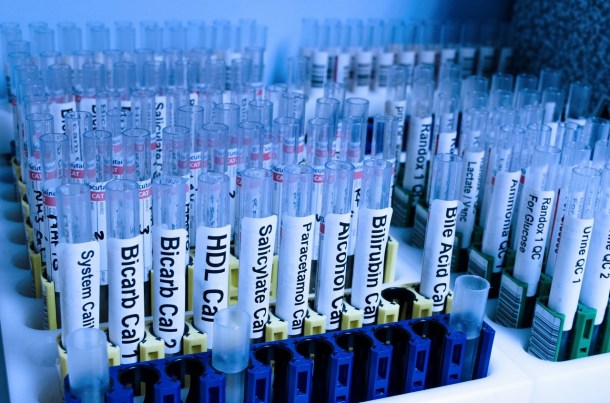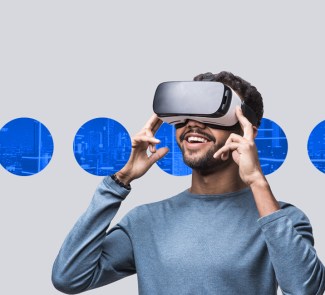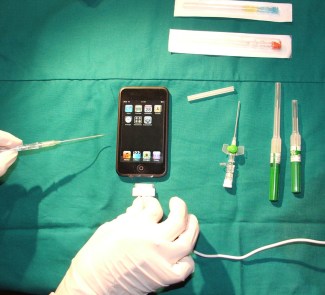Advances in molecular biology and genetic engineering are ushering in a new era in the anticipation of diseases based on detailed analysis of the human genome.
Recent advances in molecular biology and genetic engineering have opened a new era in the field of medicine, which, according to a professor of genetics at Harvard Medical School, will revolutionise the protocols for the prevention of diseases. These techniques for the detection of future disorders based on the detailed analysis of the human genome of a patient are known as preventive genetics.
The goal of preventive genetics is to anticipate the development of future medical conditions in order to act on them with a certain degree of advance notice, instead of responding with the protocols available in ordinary medicine, or in other words, after the condition has developed.
This is possible thanks to the discovery of more than 2,600 genes that are responsible for causing the vast majority of diseasesthat affect the human body. Once these predictive markers of future disorders are known, this information just needs to be extrapolated to see to what degree our genetic and environmental components can be altered, in order to eradicate the future development of deadly diseases.

This paradigm shift in preventive and diagnostic techniques converges with other fields such as information science. In other words, just as mobile technology and GPS geo-location systems have profoundly changed urban mobility, the idea here would be to try to anticipate and correct the development of future diseases based on the modification of genetic components –adult human cells– and environmental components – such as air quality in cities, diet or human activities. A different approach to preventive techniques.
In this sense, experts in preventive genetics are firmly convinced that the use of data analysis and management technologies available to us, such as Big Data, especially in the case of environmental components, will have a positive impact on the eradication of diseases related to environmental quality and the impact of the environment on human beings. In fact, they say that just as human beings have experienced changes over the course of history in the aspects related to their environment and human activities, the time has come to reassess the field of medicine to offset those changes and adapt to this new situation.
Images | vía pixabay









